The IUPAP 30th General Assembly ended the 23rd of October 2021, after three days of hard work in a hybrid format – a few IUPAP officers participated in the assembly from the Abdus Salam International Centre for Theoretical Physics (ICTP) in Trieste, Italy, among them, Prof. Michel Spiro from France, who was ratified as IUPAP’s President, and Prof. Silvina Ponce Dawson from Argentina, who was elected IUPAP President Designate. Other officers connected from Geneva, Switzerland, whilst others and more than 130 participants and observers joined remotely from all over the world. The new headquarters of the IUPAP Secretariat were also inaugurated in Trieste, in a prestigious historical building of the Old Port where preliminary meetings were held.
This 30th Assembly has been a very important one. Not only the move of the Secretariat to Italy was ratified, but more crucially the decision to transform the IUPAP into an association under Swiss law was also voted positively. Dr Jens Vigen (CERN, Geneva, Switzerland), who assisted with this complex passage, was elected General Secretary for Legal and Financial Affairs; Prof. Stefano Fantoni (FIT, Trieste, Italy) was elected General Secretary for Administrative Affairs and Prof. Sandro Scandolo (FIT and ICTP, Trieste, Italy) was elected Deputy General Secretary. Prof. Kwek Leong Chuan (Singapore), Past Deputy Secretary General will continue to help with the transition from Singapore to Trieste while Prof. Bruce McKellar will continue to act as Past President. The rest of the members of the Executive Council elected at the Assembly were: Boris Sharkov (Russian Federation), Treasurer; Rudzani Nemtudi (South Africa), Associate Secretary General; Monica Pepe Altarelli (Switzerland), Vice President at Large with responsibility for the Centenary Celebrations; Laura Greene (USA), Vice President at Large with responsibility for Outreach and Ethics; Gillian Butcher (UK, Vice President at Large with responsibility as Gender Champion; Nithaya Chetty (South Africa), Vice President at Large with responsibility for Members. Tetyana Antimirova (Canada) Chair of C14; Ani Aprahamian (USA, Armenia), Chair of C12; Takaaki Kajita (Japan), Chair of C4; Kuijuan Jin (CPS China-Beijing), chair of C13 and Tae Won Noh (Republic of Korea) Chair of C10 were elected Vice Presidents from Commission Chairs. With this election, the Executive Council will have nine men and seven women.
The assembly approved the IUPAP’s new Strategic Plan. Very important resolutions, in harmony with the plan, were discussed, amended and finally approved. The assembly adopted the Waterloo Charter for Gender Inclusion and Diversity in Physics. It also recommended to all Commission Chairs to guarantee that the pool of candidates for Commission and Early Career Scientist awards be sufficiently diverse, particularly in terms of gender and other underrepresented groups and geographical regions. IUPAP’s Gender Champion, Gillian Butcher, presented the data on women participation in IUPAP activities, which showed a positive trend in that respect.
A resolution on the promotion of open science / open access was approved, with an invitation to all UNESCO Member States to vote for the approval, at the upcoming General Conference of the UNESCO, of its recommendation on Open Science. IUPAP also endorsed the global project led by the American Physical Society (APS), the German Physical Society (DPG), and many other international partners to work through UNESCO to request a United Nations proclamation of an International Year of Quantum Science and Technology in 2025 (IUPAP Strategic Plan, as well as other mentioned documents, are available on the IUPAP website).
Prof. Nithaya Chetty illustrated the situation with regard to membership. Current IUPAP members are 59, four of which joined recently: Jordan in July 2018; Egypt in March 2019; Uruguay in April 2019; Bulgaria in December 2019. More adhesions are under negotiation. The assembly also elected the new 252 members of the Commissions, 96 of whom were women, and approved their plans regarding conferences and seminars. The involvement of corporate members is considered a very important task for the future – not only to reach out to physicists outside academia, but also to tackle new interdisciplinary research areas and involve new science-based professions.
Finally, two very important activities that will take place in July 2022 were discussed. The inauguration of the International Year of Basic Sciences for Sustainable Development (IYBSSD) and the International Workshop that will signal the beginning of the IUPAP’s centenary celebrations. The efforts towards the declaration of 2022 as IYBSSD by the UN have been led by IUPAP with the support of innumerous other scientific unions and international organizations. IYBSSD will be launched at the UNESCO headquarters on July 1st 2022. Shortly after that the celebrations for the IUPAP’s Centenary will start with an international conference that will take place at the ICTP in Trieste. Prof. Monica Pepe-Altarelli, IUPAP Vice President for the Centenary, described the workshop briefly as well as the other projects that will be pursued, such as a photo contest that will be launched by the end of 2021, with which the Union expects to celebrate its entry into a new centenary. The celebrations will last one full year and all IUPAP members are invited to present proposals for local, regional and international events.
Both IYBSSD and the IUPAP Centenary represent unique opportunities to enhance the visibility of the Union inside and outside the scientific community, to disseminate the Union’s values (excellence, integrity, inclusiveness, accessibility and international collaborations) and to create a communication channel with policy makers and stake-holders to feed policy making, development strategies and financial planning.




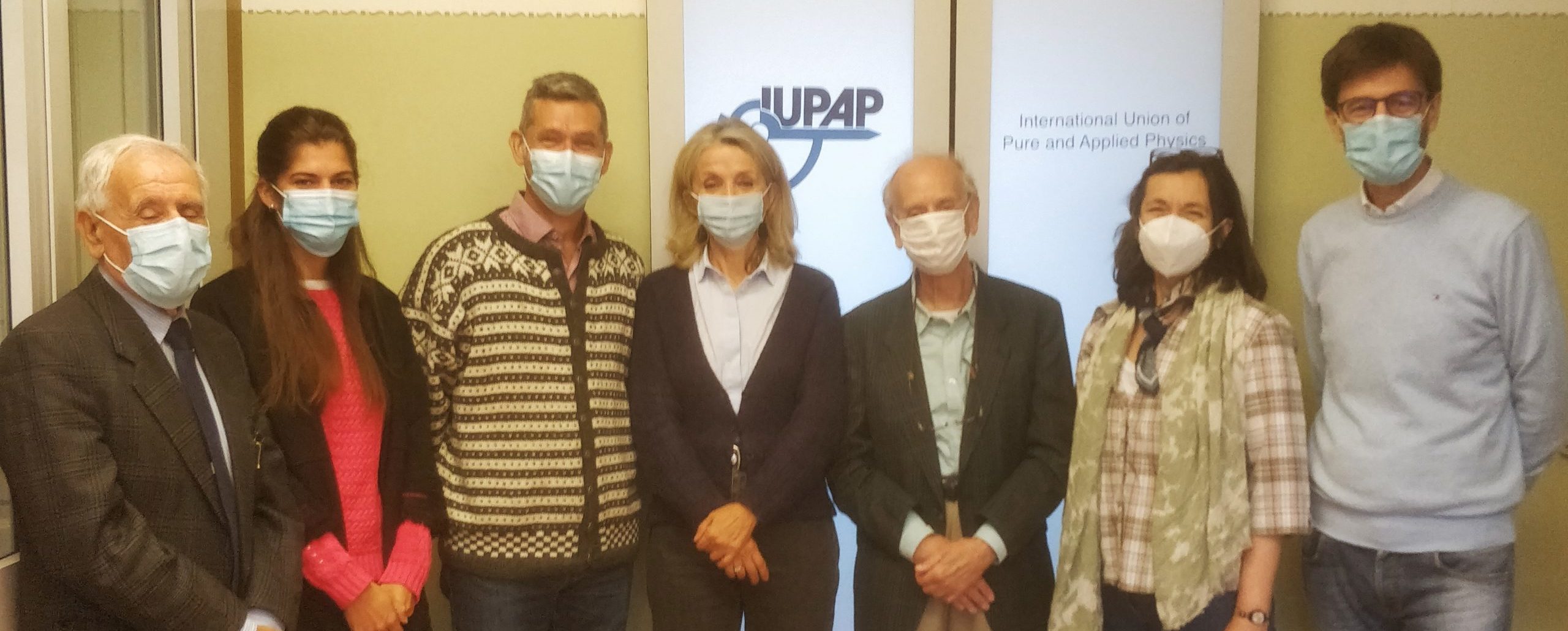


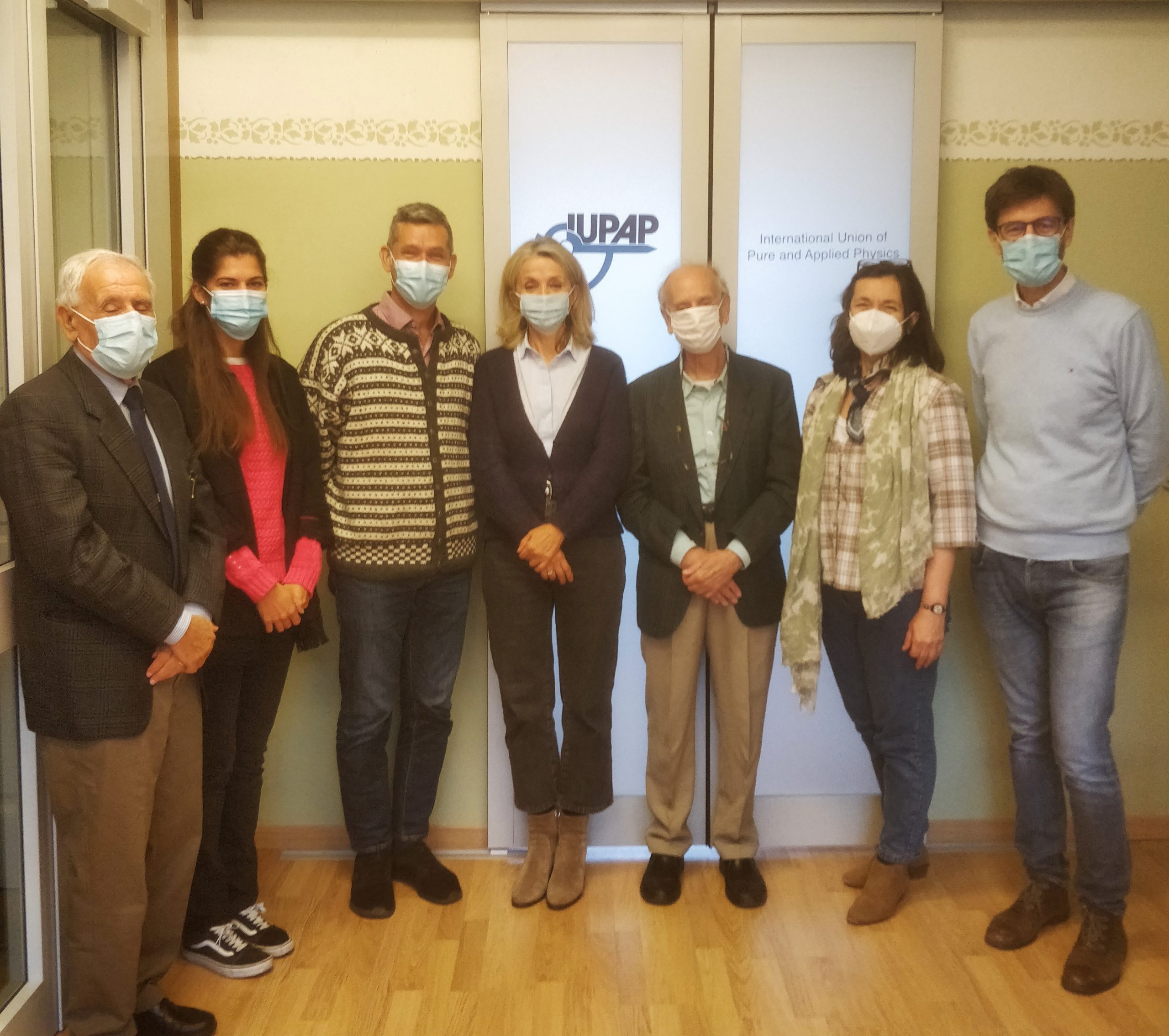
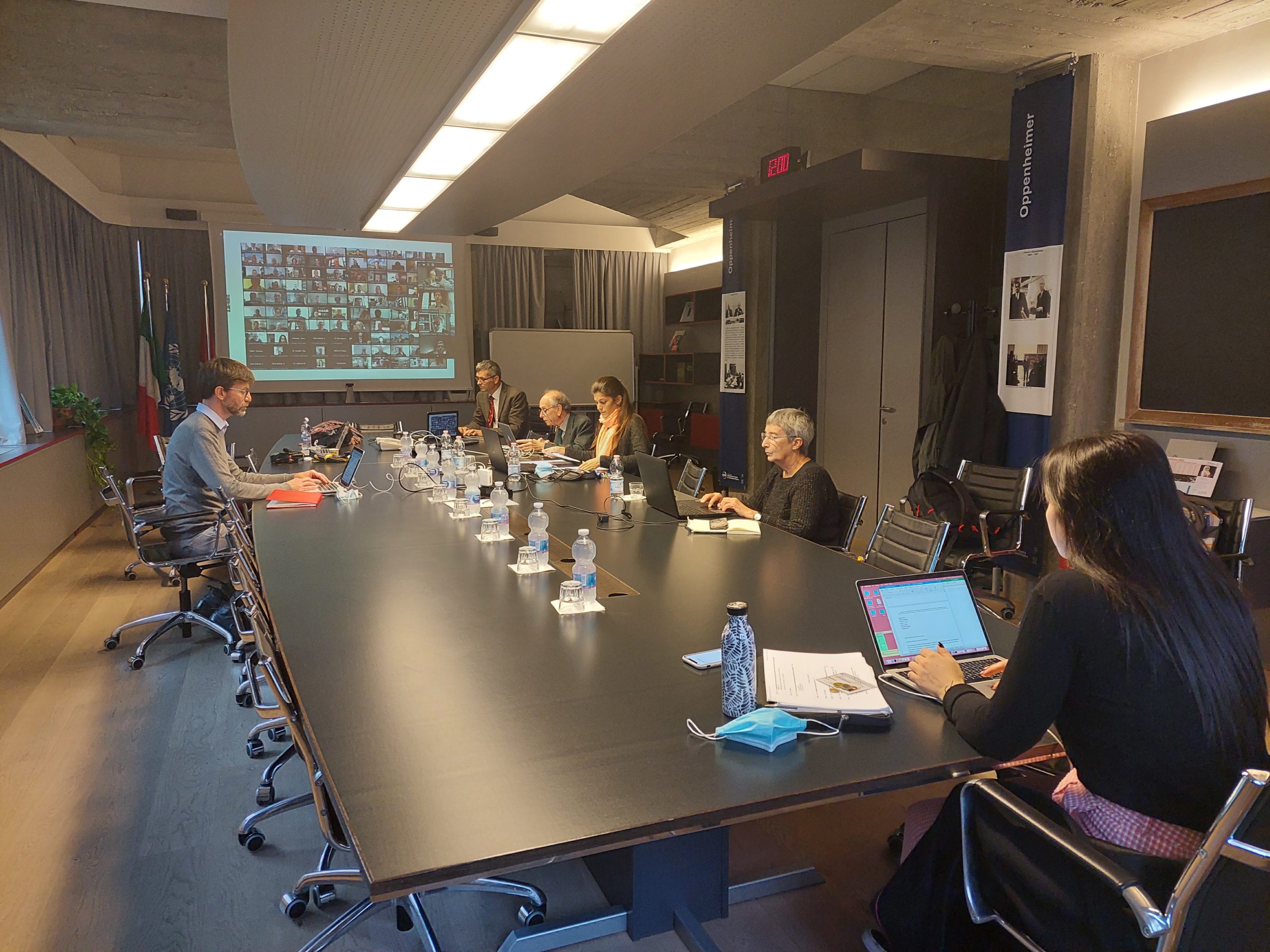
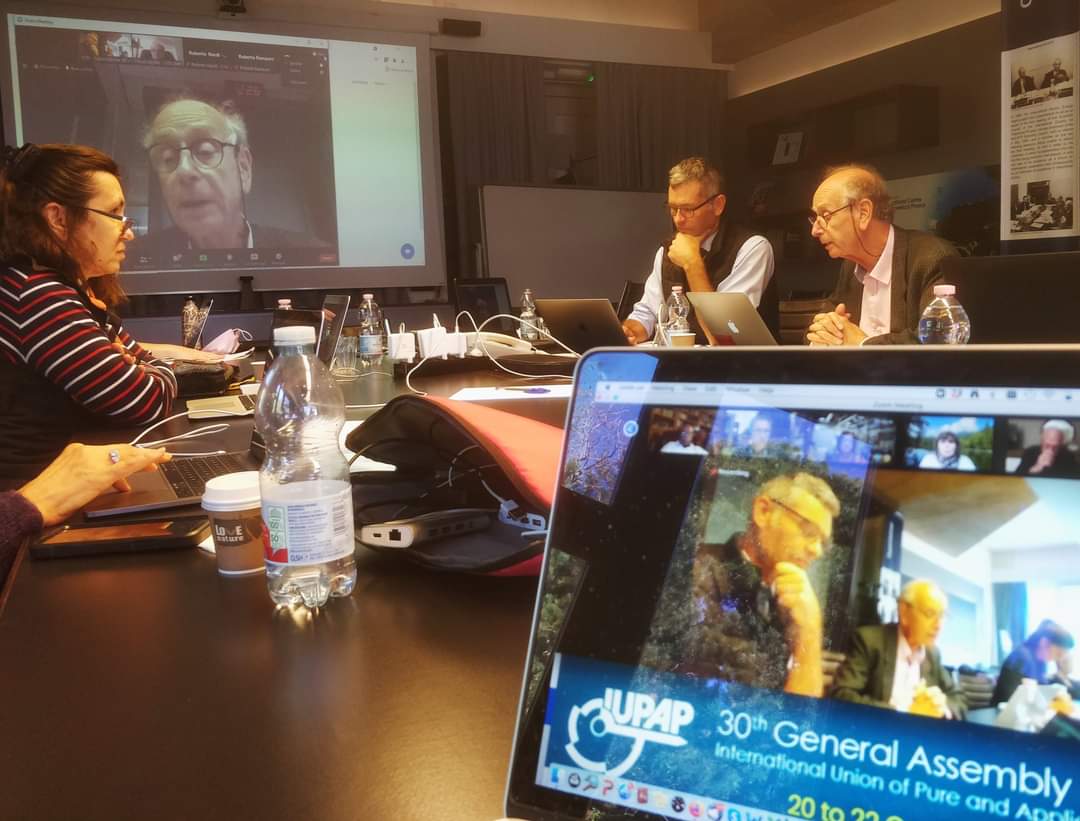
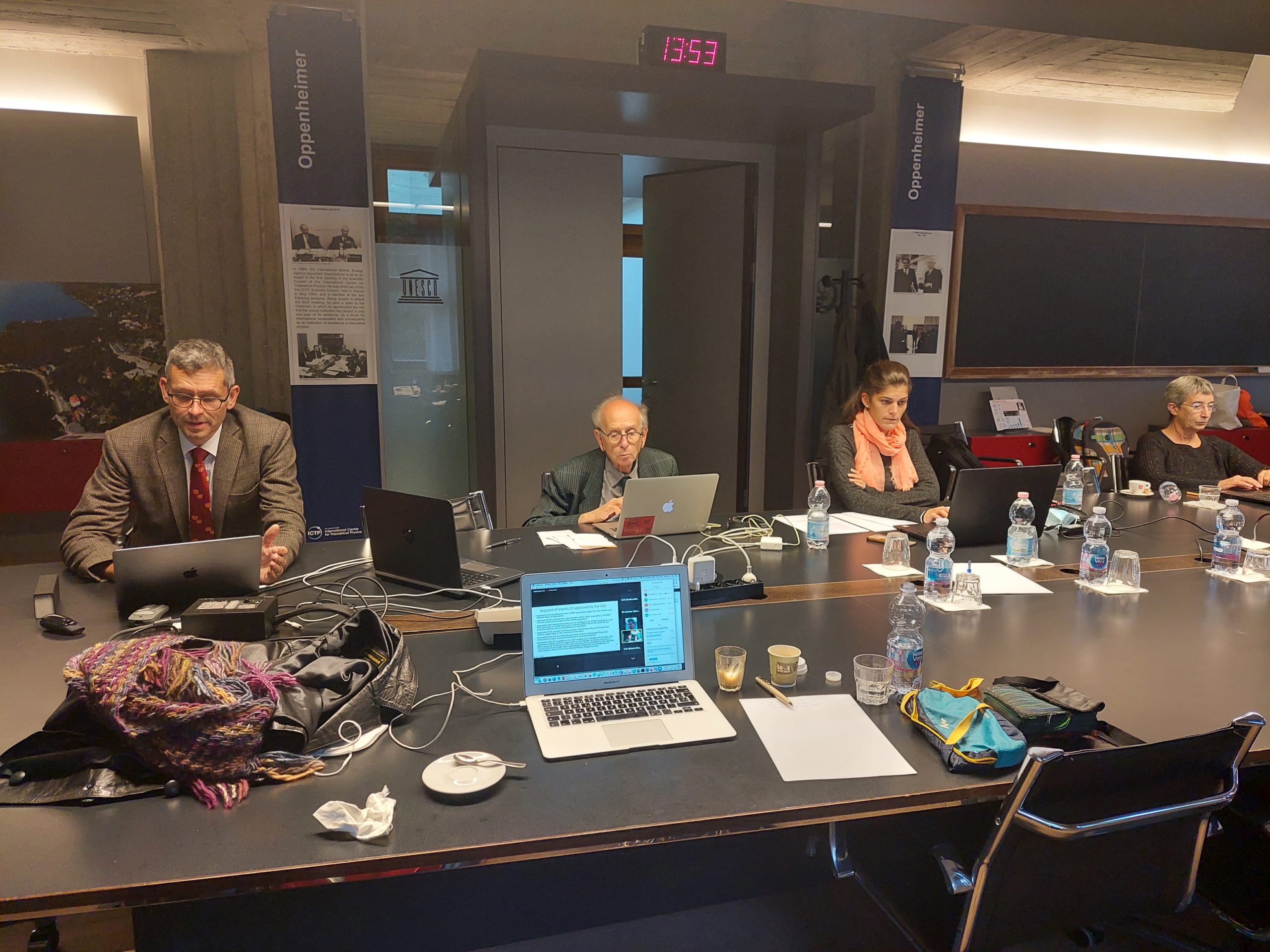
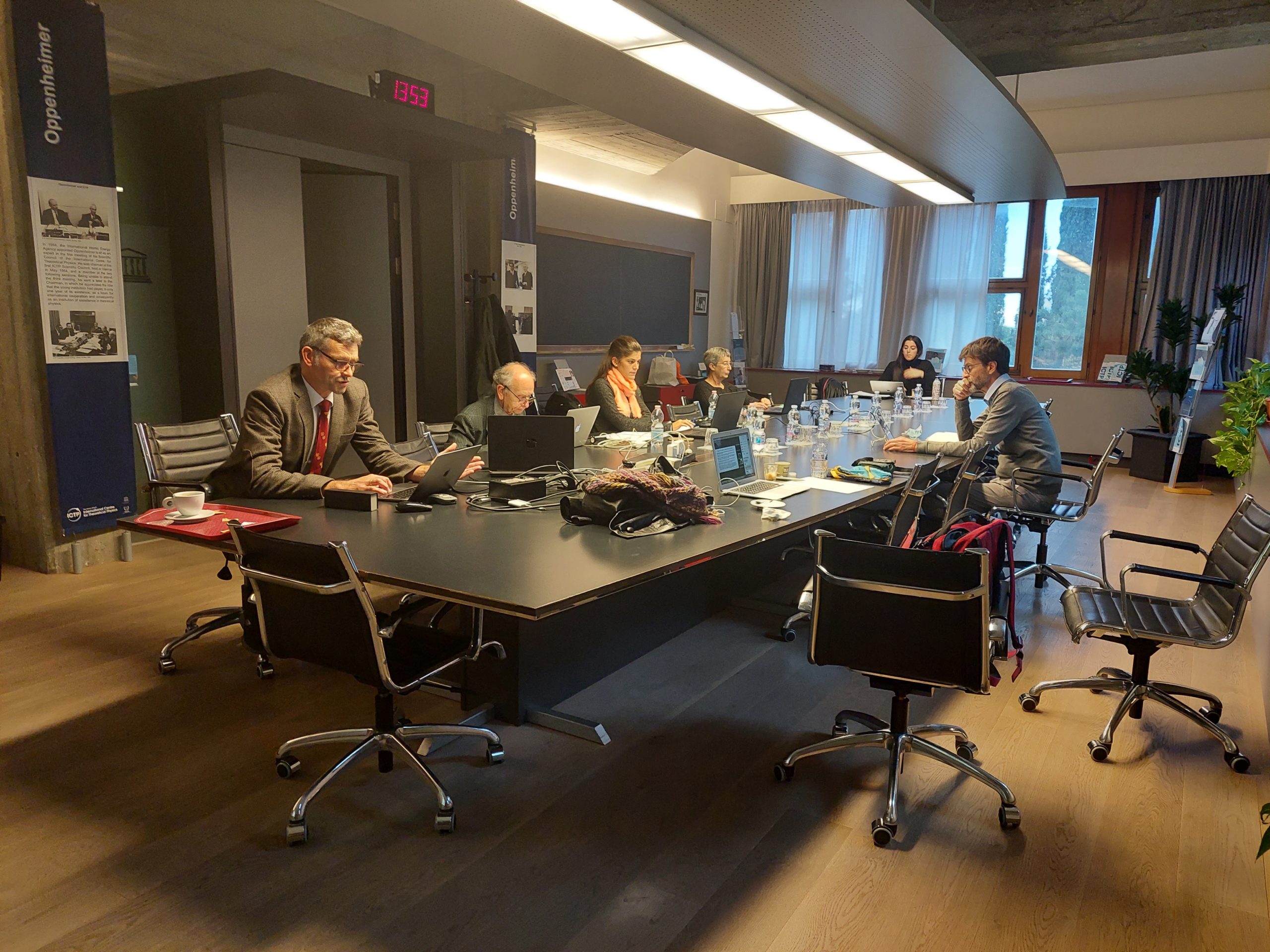
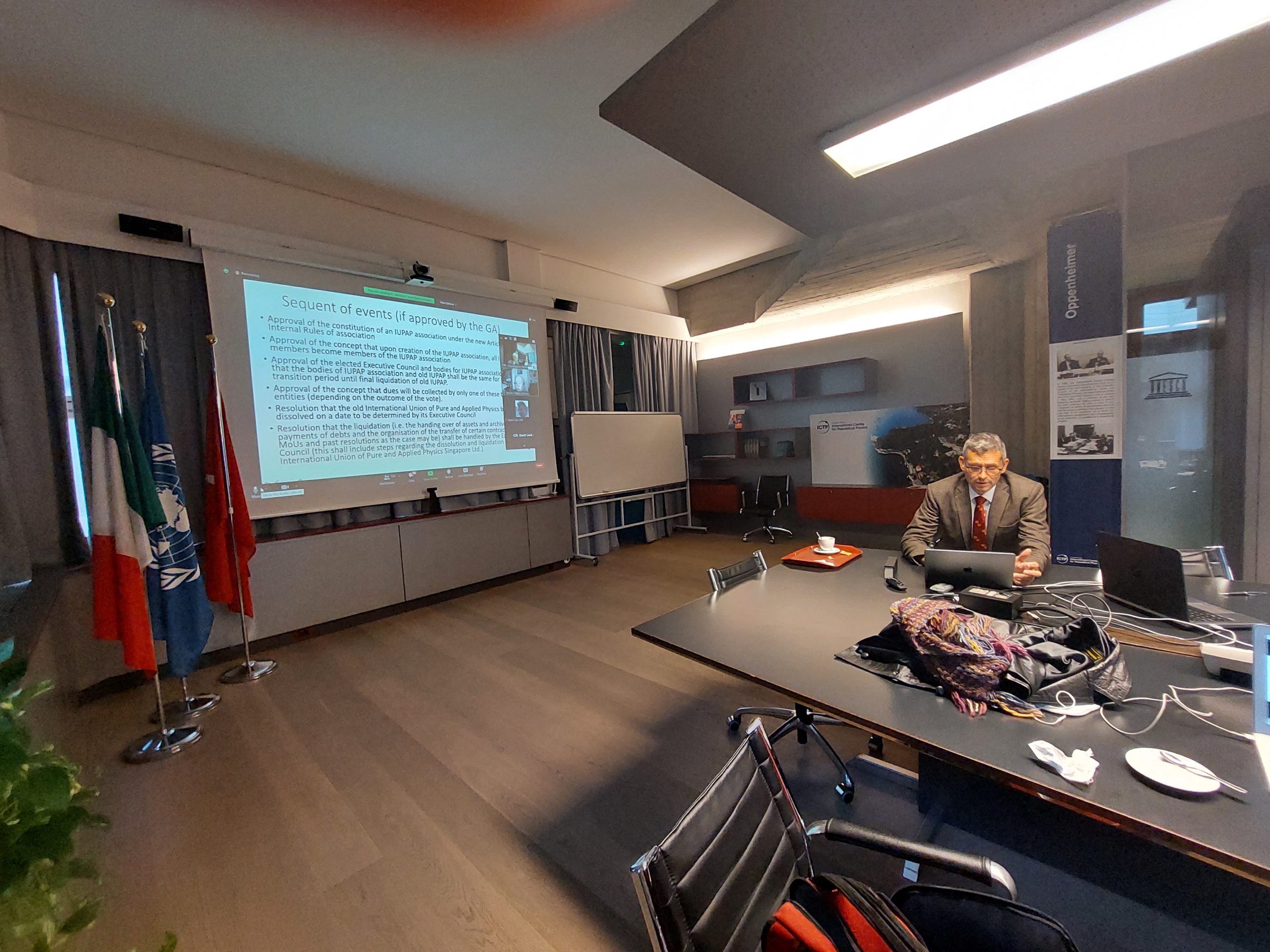
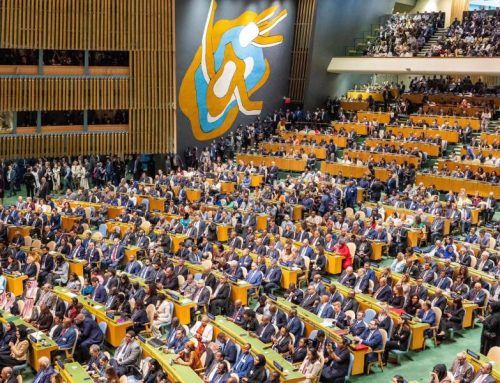

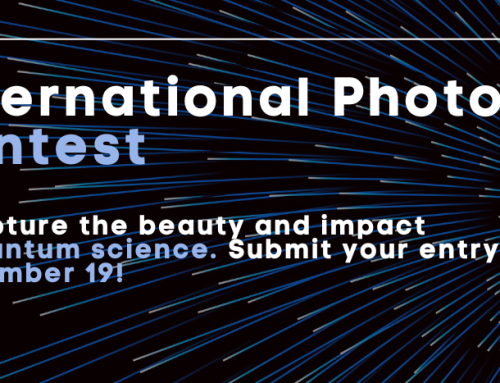


Leave A Comment